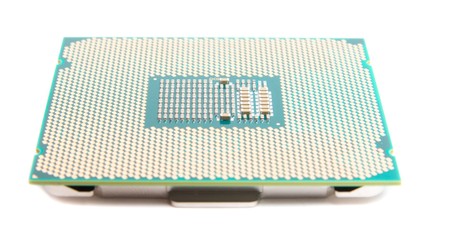
A month ago, I blogged about what Intel can do to improve its processor situation, and as luck would have it, the company seems to be doing just what I said it should. I doubt it listened to me specifically, but reduced prices and improved performance - better value, essentially - have both now been confirmed. There are obvious and inescapable reasons for this; AMD's Ryzen 9 3950X and 3rd Gen Threadripper are chief amongst them, because the former looks set to bring Core i9-9980XE levels of performance to a significantly lower price tag (not to mention power levels), and the latter should - with what I hope will be higher clock speeds, better IPC, and lower latencies - offer significantly more performance than 2nd Gen Threadripper.
The key moment for me, and certainly one that really hammers the above statements home, was our own Ryzen 9 3900X review, in which the new 12-core CPU laid waste to the 12-core Threadripper 2920X, despite the latter sporting quad-channel memory. In fact, even the Ryzen 7 3800X was snapping at the heels of 2nd Gen Threadripper. Come November, if these kinds of gains replicate themselves with 3rd Gen Threadripper and the Ryzen 9 3950X really does, as I've said before, make all previous-gen HEDT CPUs below 20 cores redundant at their current price/performance points, then it really will signify yet another huge shift in performance and product stack pricing, which began with Threadripper's launch two years ago.
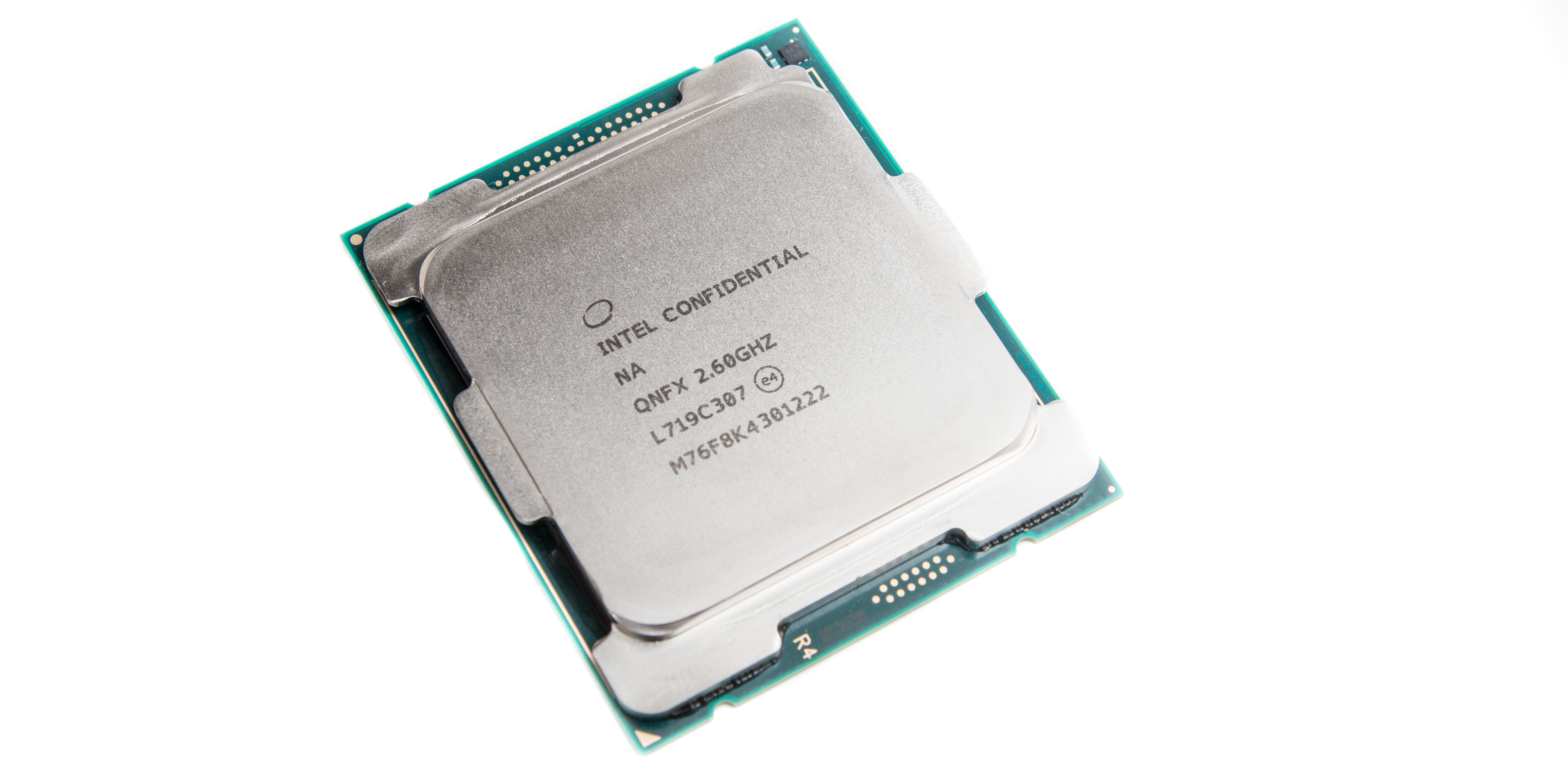
For me, it's this high-end battle that will define the winner of 2019 in the CPU market. AMD has done pretty well so far, but poor availability, a delayed Ryzen 9 3950X, and boosting issues (since addressed in an AGESA update) mean that it hasn't managed to strike a killer blow, although 3rd Gen Ryzen is clearly a huge deal all the same. Having spoken to various people in the bit-tech office recently, the fact that many of us are lusting over 3rd Gen Ryzen systems, myself included, is testament to the great choices out there right now from both teams.
So, what are the key battlegrounds here? Well, for starters, we know that Intel isn't going to be increasing core counts. The massive increases we saw moving from the 22nm 8c/16t Core i7-5960X in 2014 to the 14nm 10c/20t Core i7-6950X in 2016 and then to the 14nm+ 18c/36t Core i9-7980XE in 2017 stalled with the Skylake-X Refresh last year, so we're not expecting significantly more performance from Intel this time around given we're still on 14nm (that's 14nm++ to you! - ed.) and still on a maximum of 18 cores. What the company is going to do, then, is cut prices, which we now know it is doing by around 50 percent for the flagship Core i9-10980XE, going from a tray price of $1,979 per unit for the predecessor to $979 per unit now. It's abundantly clear, then, that the 'dollar' side of the equation is what's going to be largely driving the 1.74 - 2.09x performance per dollar increase over Skylake-X that Intel bragged about recently - there wasn't really ever much doubt about that, but seeing the confirmed prices and comparing them to the prior ones is still pretty eye-opening.
So, if you bought either a 7000-series or 9000-series HEDT CPU, you have our commiserations - we can only imagine what's just happened to their resale value. Ultimately, though, this is a necessary step for Intel. Retail pricing is dictated by supply and demand, with that latter element tied heavily to competition, and Intel clearly felt that charging those higher prices made sense when competition was lacking. While many like to hate on the company for charging £2,000 for a CPU, Intel wouldn't have left pricing so high if it wasn't making any sales (and enjoying the high margins each time it did so). Besides, AMD would be doing exactly the same thing if the roles were reversed, and Nvidia is arguably still doing the same in the high-end GPU market, as Navi has only really dealt blows to the middle of its RTX stack.
Now that we know how far Intel has dropped pricing, the key part that's left in the equation is just how much faster 3rd Gen Threadripper CPUs are over previous-generation models. Once we know that, we'll have a much better idea of whose CPUs will be on our Christmas lists and which HEDT platform (or even mainstream CPU with the Ryzen 9 3950X) will rule the roost - at least for the next 12 months.

MSI MPG Velox 100R Chassis Review
October 14 2021 | 15:04

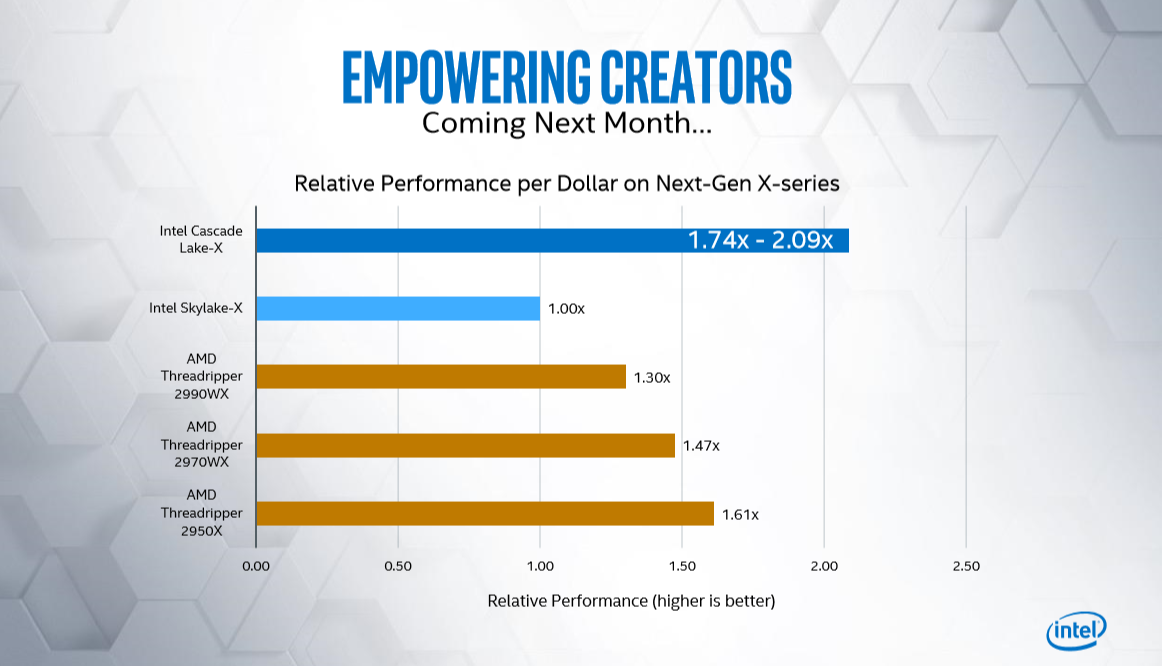
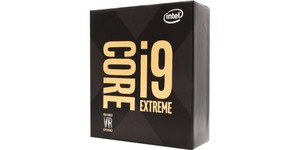
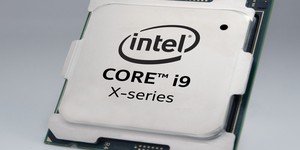
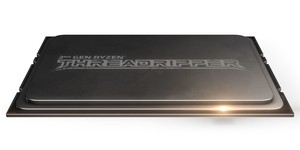




Want to comment? Please log in.